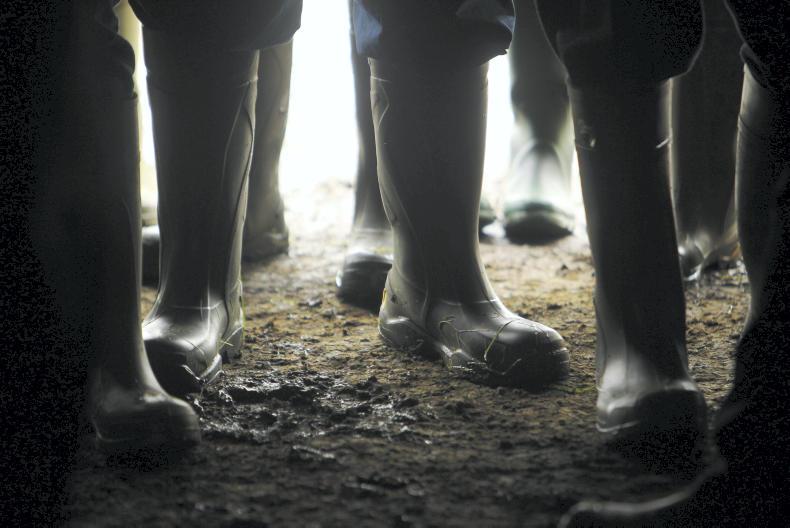The National Economic Dialogue took place on Wednesday, an opportunity to consider how to make best use of the available resources in the interests of all citizens.
Taoiseach Leo Varadkar opened proceedings, highlighting the agri food sector: “Minister [for Finance, Public Expenditure and Reform Paschal] Donohoe is reviewing our capital investment programme, and working towards a new 10-year capital plan.
“This will be closely linked to the new National Planning Framework which will plan for an Ireland in which a million extra people will live by 2040.
“We also need to build on the economic strengths of each region, ensuring that the benefits of recovery are felt across the country. That’s happening already but it is uneven.
“The risk posed by Brexit to the agri food sector only increases the need to get this right.
“Just as importantly, we need to accelerate the necessary transition to a modern low-carbon economy. The Government yesterday approved in principle the first National Climate Change Mitigation Plan, and climate action will be a growing feature of all policy-making in the year ahead.”
IFA
Speaking at the dialogue, IFA president Joe Healy said that Irish farming and the agri food sector is the most exposed sector to a negative Brexit outcome.
“As the negotiations get underway, I want to re-emphasise how important it is that the Government focus is on economic and trade issues.
“While political issues relating are hugely important, it is also critical that the future trading arrangements between the EU and UK remain a top priority for the Irish Government.
“In the short-term, investment uncertainty and pressure on competitiveness, due to the weakness of Sterling, are the key challenges arising from Brexit.
“IFA believes that the Government should be making a strong case at EU level for greater flexibility and an increase in State Aid limits.”
Low-cost finance, increased Earned Income Tax Credit, restored ANC funding & support for renewables among #Budget18 measures required #NED pic.twitter.com/nTShKLsWJB
— Irish Farmers' Assoc (@IFAmedia) June 28, 2017
Healy said that at the same time, farming remains a low-income sector, as shown by the recent Teagasc income figures, with income volatility an ongoing challenge to farm viability.
“In this environment, Budget 2018 provides an opportunity for the Government to provide direct and positive support to farming enterprises.”
Healy said that this included the provision of low-cost finance through the SBCI, increasing the earned income tax credit and reversing cutbacks to the ANC scheme.
ICMSA
Meanwhile, ICMSA President John Comer told the dialogue that farming policy must go past “environmentally sustainable” to “economically sustainable”.
He said the agriculture sector is a prime example of the growing phenomena where farmers are expected to meet an already lengthy and growing list of standards in the name of environmental sustainability while the marketplace and policymakers are failing abjectly to reward them in a way that makes them economically sustainable.
“The policymakers are very good at coming forward with more and new environmental regulations for farming but they have failed completely to match that, with an emphasis on economic sustainability and this resulting imbalance is putting family farming in jeopardy.
“Without economic sustainability the whole concept falls”, said Comer.
Comer also raised the matter of loans and financing in the farm sector and the uncompetitiveness of Irish interest rates relative to our EU counterparts.
He said that Irish farmers and other SMEs are paying substantially higher interest rates than their EU counterparts to an extent that is sees our farmers paying almost €80m per year in additional interest charges.
He said bluntly that this needs to be addressed, describing it as either a clear market failure or abuse, or both.






 This is a subscriber-only article
This is a subscriber-only article












SHARING OPTIONS: